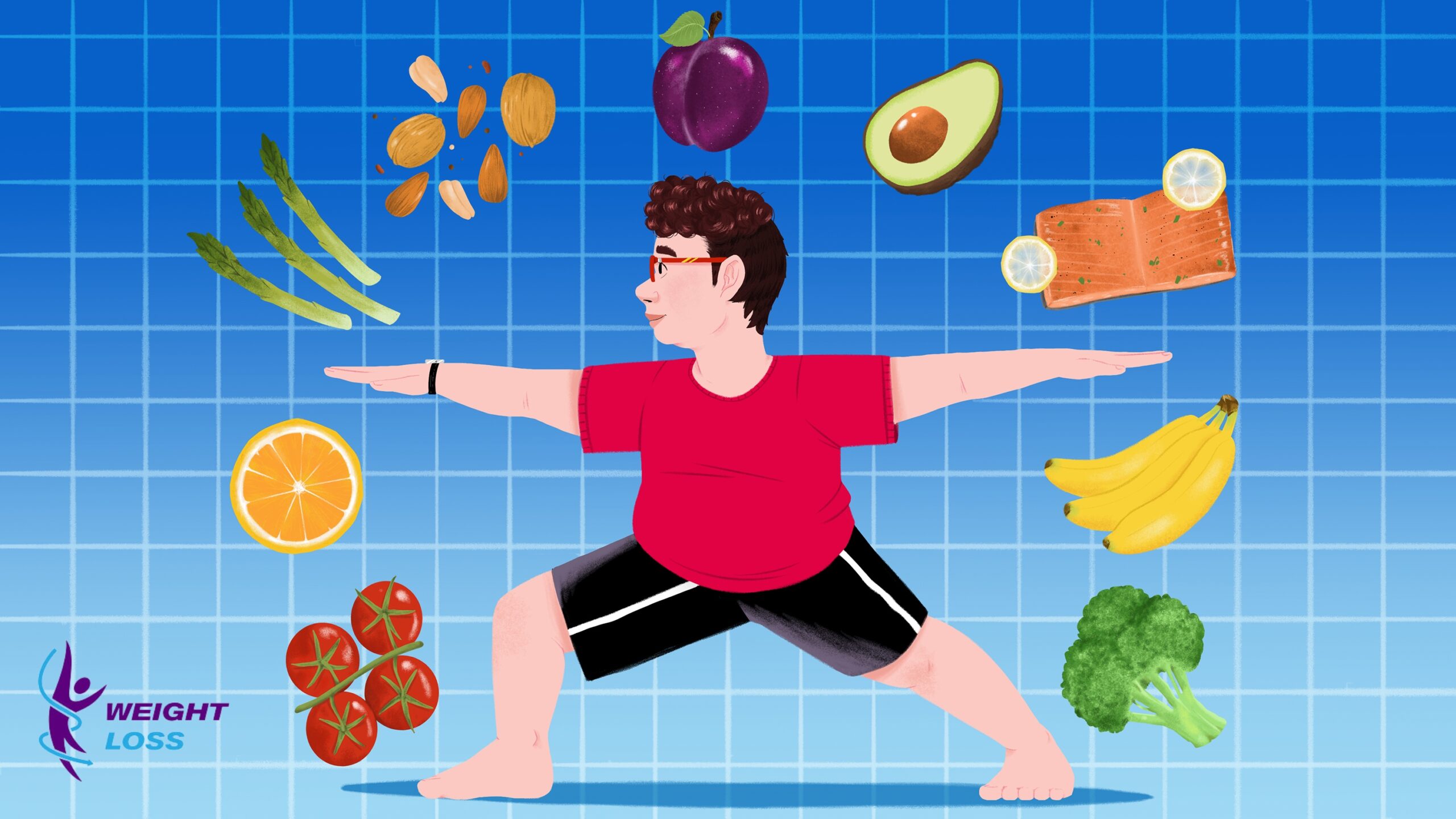How To Lose Weight Fast. Losing weight quickly not always recommended as it can be challenging to sustain and can also lead to health issues. However, if you want to lose weight fast, here are some steps you can take:
- Cut back on calories: Reducing your calorie intake is one of the most effective ways to lose weight. You can achieve this by eating smaller portions, avoiding high-calorie foods and drinks, and choosing healthier alternatives.
- Increase physical activity: Engaging in physical activity can help you burn calories and boost your metabolism. Try to exercise for at least 30 minutes per day, whether it’s through cardio, strength training, or a combination of both.
- Drink plenty of water: Drinking water can help you feel full and reduce your appetite, which can lead to weight loss. Aim for at least 8-10 glasses of water per day.
- Get enough sleep: Lack of sleep can cause stress and hormonal imbalances, which can affect weight loss efforts. Try to get at least 7-8 hours of sleep per night.
- Avoid processed foods: Processed foods are often high in calories, sugar, and unhealthy fats, which can contribute to weight gain. Choose whole, nutrient-dense foods instead.
- Consider a weight loss program: If you are struggling to lose weight on your own, consider joining a weight loss program that provides support and guidance.
Remember, the most effective way to lose weight is to make sustainable lifestyle changes that you can maintain over time. Rapid weight loss may not be sustainable or healthy in the long run. It’s always a good idea to consult with a healthcare professional before starting any new diet or exercise program.
Table of Contents
How To Lose Weight Fast
Make long-term changes to your lifestyle and behavior
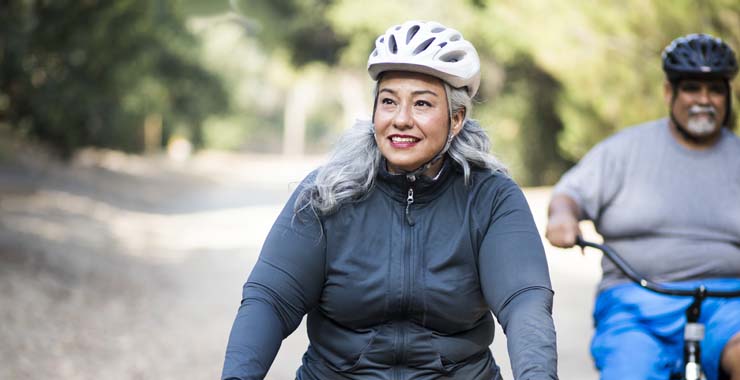
Albertson advises against using the word “diet” when attempting to lose weight. When you’re trying to lose weight, you don’t want to be constantly thinking about food because dieting can be unpleasant and make you hungry. Instead, she advises prioritizing taking care of your body and viewing weight loss as a component of becoming healthier.
According to Albertson, “Weight loss is difficult, and you don’t completely control the number on the scale, but you do have control over what you eat, how much you move, and other things that affect weight, like stress and sleep.” She advises creating SMART goals for yourself, which are defined as being specific, measurable, achievable, relevant, and time-sensitive.
Focus on the First 5% to 10%
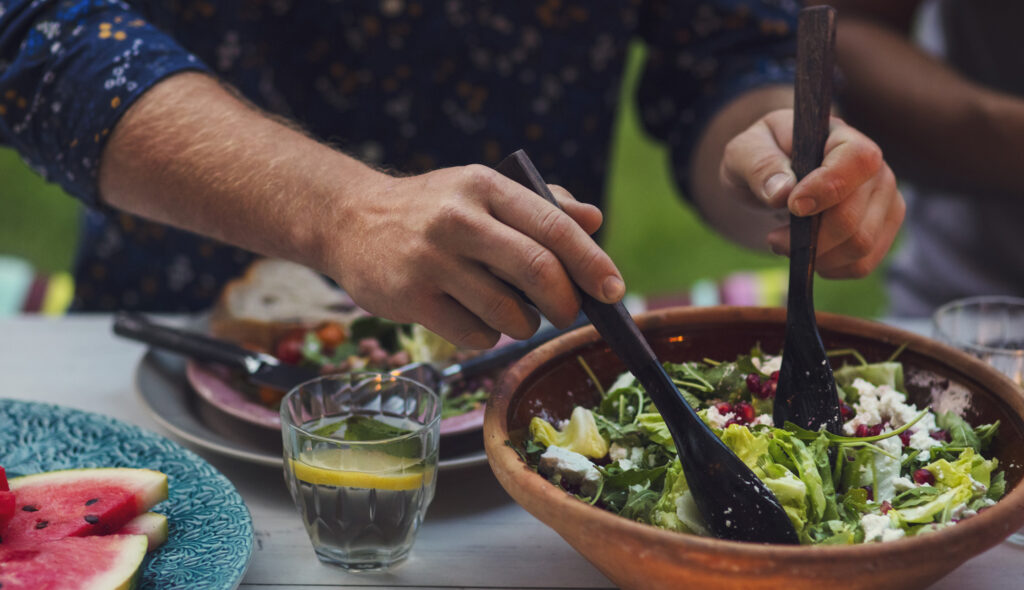
Consider the health advantages that can result from even modest weight loss rather than telling yourself that you need to lose 25 pounds and overwhelming yourself with what seems like an impossible goal.
Set more manageable goals, Bennett advises. Only losing 5% to 10% of your body weight (TBW) can have a significant positive impact on your health and reduce your risk of developing conditions like type 2 diabetes, stroke, cardiovascular disease, and some types of cancer.
Limit your consumption of highly processed carbohydrates and sugars
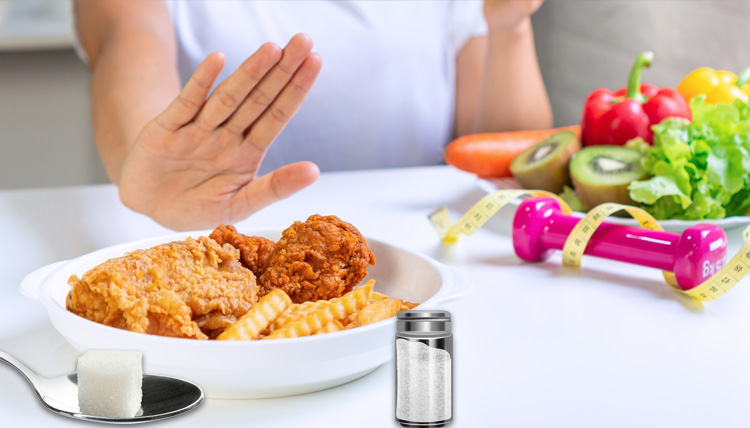
What you eat is crucial for weight loss, according to a study published in the Journal of the American Medical Association[4]. If you up your food quality intake, the pounds will come off more quickly.
Getting less sugar and quickly metabolized carbohydrates into your diet is one of the healthiest ways to lose weight, according to Bennett. You should avoid or significantly reduce your consumption of foods with a high glycemic index, such as sugary snacks, processed carbs, and soft drinks. You’ll lose weight more quickly if you avoid or consume less of foods like French fries, chips, and crackers.
Eat More Plants
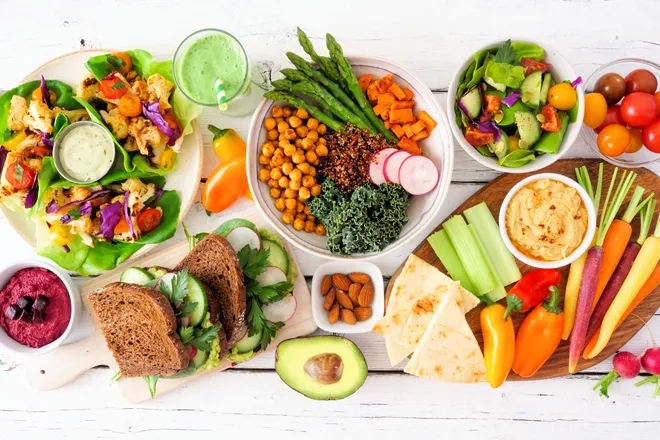
A plant-based diet is easier to maintain than a low-calorie diet, according to research, which also shows it promotes weight loss[5]. Additionally, it is nutrient-rich and offers a host of health advantages.
According to Albertson, produce aids in weight loss because it is high in fiber and water, both of which have no calories but fill up your stomach and make you feel full. In fact, a Brazilian study found a link between better weight loss and increased fruit and vegetable consumption[6].
Albertson advises beginning with five daily servings of produce and working your way up to seven to nine daily servings. Start your day with a green smoothie, eat fruit for snacks and desserts, and have a salad or shaved vegetables for lunch, she advises. Have more stir-fries for dinner, add vegetables to your pasta dishes, and stir them into soups.
Strengthen Your Protein
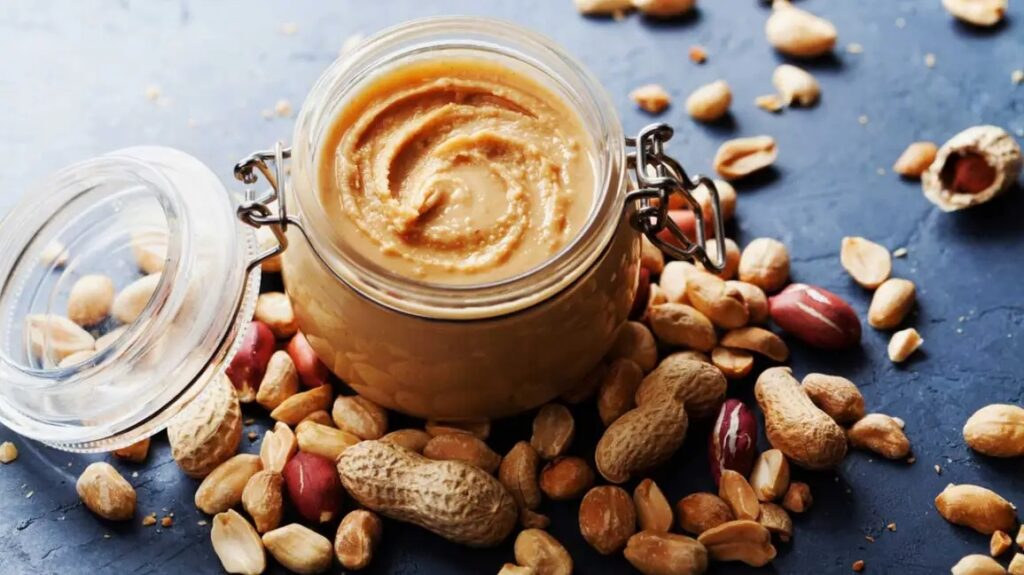
Increasing your protein intake can decrease appetite and help stop muscle mass loss.
According to Dr. Albertson, eating 25 to 30 grams of protein per meal—two scoops of protein powder or 4 ounces of chicken breast—can help you better control your appetite and maintain a healthy weight. The best strategy is to make sure each meal includes one serving of high-quality protein.
Additionally, Albertson claims that compared to men and younger women. Women over the age of 50 require significantly more protein (1 to 1.5 grams per kilogram of body weight daily) (who require .8 grams of protein per kilogram of body weight daily). Women need more protein after the age of 50, especially as menopause approaches because lower estrogen levels cause skeletal muscle mass, strength, and regenerative capacity to decline.
Learn More: How To Reinstall Bluetooth Driver Site microsoft.com
Consume more water
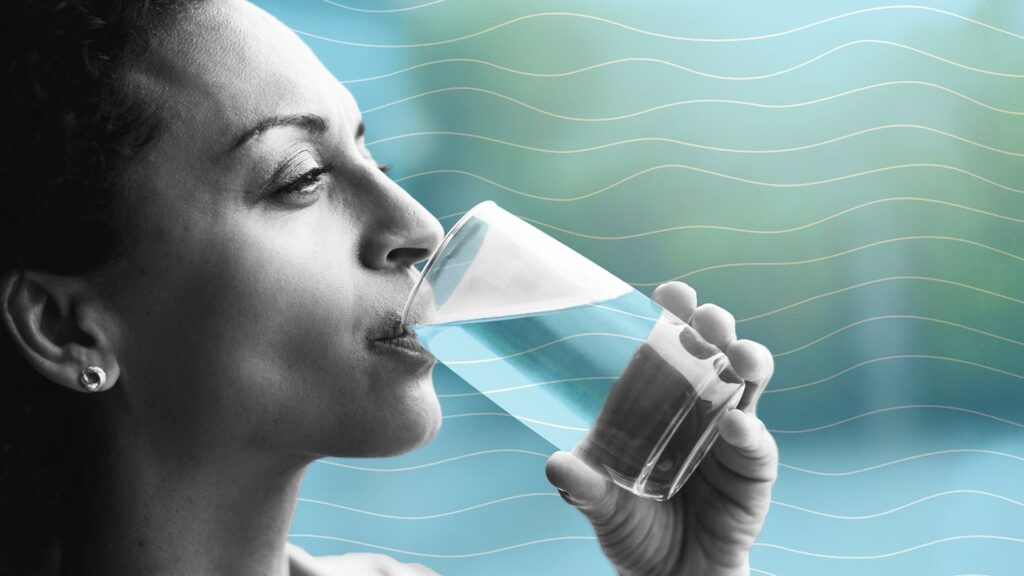
More water consumption has been linked to weight loss, regardless of diet or exercise, according to research[7]. Drinking plenty of water can help reduce sugar cravings and boost satiety. Water is also required for the body’s process of burning fat for energy, known as lipolysis.
Jordan Morello, a Florida-based celebrity trainer who works for the fitness platform Sweat Factor, recommends drinking 8 ounces of water eight times a day as a minimum water intake. Once they incorporate this rule into their daily routines. My clients are frequently surprised by how much it can reduce cravings and help you feel fuller for the rest of the day.
Eat a Comprehensive Breakfast
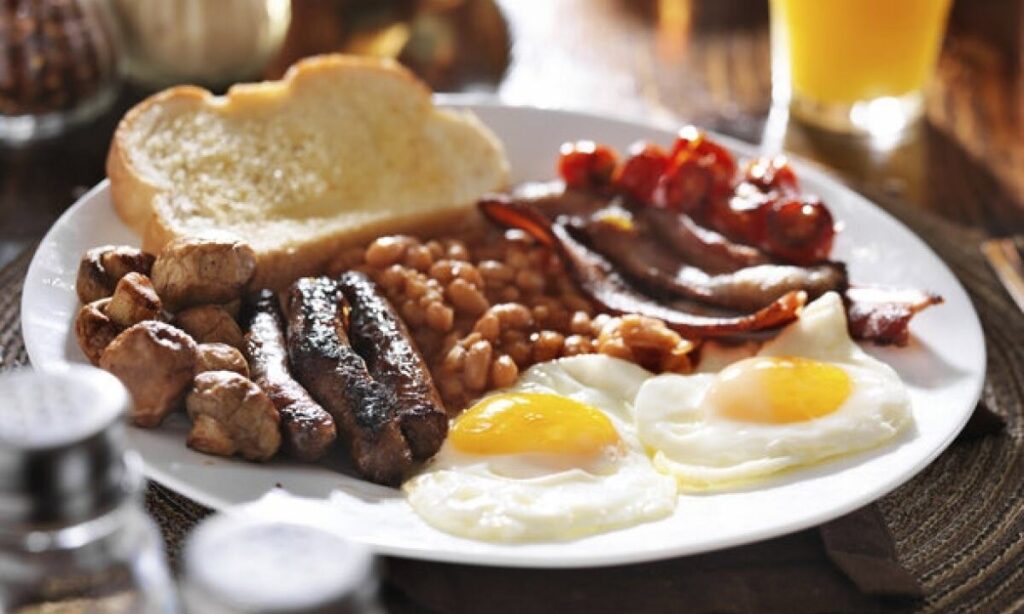
Listen up, skippers of breakfast. Avoid cutting back on your morning fuel if you’re trying to lose weight. In fact, numerous studies have demonstrated an association between skipping breakfast and being overweight or obese.
Additionally, a study published in the Proceedings of the Nutrition Society discovered that people who skip breakfast generally have diets of lower quality and consume fewer nutrients like vitamin D, calcium, and iron.
However, any breakfast won’t do. “You want a well-rounded, blood-sugar-balanced first meal of the day with ample protein, healthy fats, and what I call quality carbs like fresh berries,” advises Bennett. “This will help you think more clearly, perform more effectively, and be in better moods.”
Stand Up and Move More

Increasing your non-exercise activity thermogenesis (NEAT)—the energy used for everything you do that is not eating, sleeping, or exercising—is one of the simplest ways to lose weight. Small adjustments like pushing a cart instead of carrying your groceries, parking further from the mall entrance, using the stairs instead of the elevator. Or even tapping your toe can result in hundreds of extra calories being burned.
Or try to stand more often than you sit. Simply switching from sitting to standing increases daily energy expenditure, which directly translates into more calories burned and ultimately.
For instance, if you weigh 160 pounds and alternate between sitting and standing. You can burn an extra 35 calories per hour, or an additional 280 calories per day, 1,400 calories per week, and roughly 70,000 calories annually.
Albertson advises setting a timer on your computer, Fitbit. Or phone to remind you to get up and move around every hour. You’ll burn more calories and possibly reduce your risk of heart disease and blood sugar problems.
Pull Some Weights

Compared to fat, muscle burns more calories. So, how do you increase your muscle mass? exercising your muscles.
In addition to the calories you’ll burn while exercising. Resistance training a smart addition to your weight loss program because of the “afterburn effect.”
Excess post-exercise oxygen consumption, or EPOC. A measure of how long oxygen uptake is elevated following exercise to aid in muscle recovery. The metabolism boosted both during and following strength training sessions by this elevation.
And your resting metabolic rate increases as you add muscle to your frame (RMR). The number of calories your body needs to function at rest determined by your RMR. The more you can eat without gaining weight, the higher your RMR must be.
Don’t Go Overboard
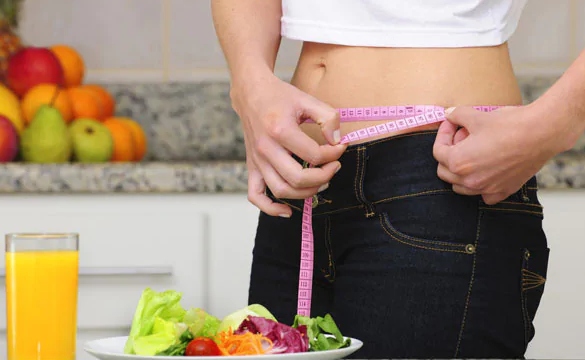
Working out nonstop or drastically reducing calories can actually have the opposite effect on weight loss. The majority of people believe that drastic measures must taken to lose weight. But giving yourself enough time to recover is more beneficial.
According to certified personal trainer Rob Darnbrough. CEO and co-founder of The Smart Fit Method in California. “Many people will double down on the stressor (i.e. catabolic phase) that they are doing when they get frustrated that they haven’t lost weight.” For instance, they might increase the number of miles they run. The amount of time they spend working out, or the amount of food they consume. However, the above actions only produce the desired results when the anabolic recovery phase is in full swing.
FAQ
How can I lose 5 kg in just 5 days?
Here are 9 professional advices to help you get the most out of your diet and lose 5 kg in 5 days:
- Watch Your Diet:…
- Increase Your Consumption Of Fibre:…
- Snack Consciously:…
- Chew Food Carefully:…
- Increase Your Water Intake:…
- Take Portion Control:…
- Body Movement:

